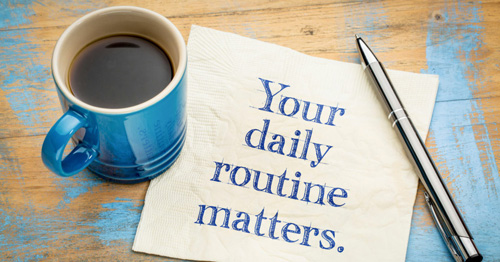A NEW study finds that people with depression are less likely to use activities to help regulate their moods. This is something that is even more difficult to do during the COVID-19 pandemic.
People with depression may be less likely to modify their moods with uplifting activities. The study, which now appears in JAMA, examined a selection of activities that people may use as a form of mood regulation to stave off depression. Its aim was to find out if people with depression are less likely to plan their activities for mood regulation.
Insufficient homeostasis — which is “the failure to stabilize mood via mood-modifying activities,” as the study puts it — is likely to be exacerbated by the limited activity choices available during lockdown.
Senior study author Guy Goodwin, from the University of Oxford in the United Kingdom, says: “When we are down, we tend to choose to do things that cheer us up, and when we are up, we may take on activities that will tend to bring us down. However, in our current situation with COVID-19, lockdowns, and social isolation, our choice of activity is very limited.”
To ascertain the degree to which a lack of mood regulation is a factor in depression, Goodwin and colleagues analyzed the histories of 58,328 participants, comparing those with low mood (depression) and high mood. The team included people from low, middle, and high income regions in the cohort.
In particular, the researchers tracked the extent to which people responded to their moods through their choice of activities throughout the day.
They found a significant link between rarely or never practicing this form of mood regulation and depression. Specifically, in computer simulations, the researchers found that insufficient mood regulation predicted more frequent and longer lasting episodes of depression.
People who proactively selected the sequence of activities in which they engaged were less likely to experience a low mood.
Goodwin notes, “Our research shows this normal mood regulation is impaired in people with depression, providing a new, direct target for further research and development of new treatments to help people with depression.”
The study authors propose that providing well-targeted activity suggestions to people with depression could help them regulate their moods and prevent depressive episodes.
Since medication only works for about 50% of people with depression, this could represent an important new direction for treatment.









